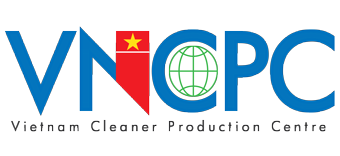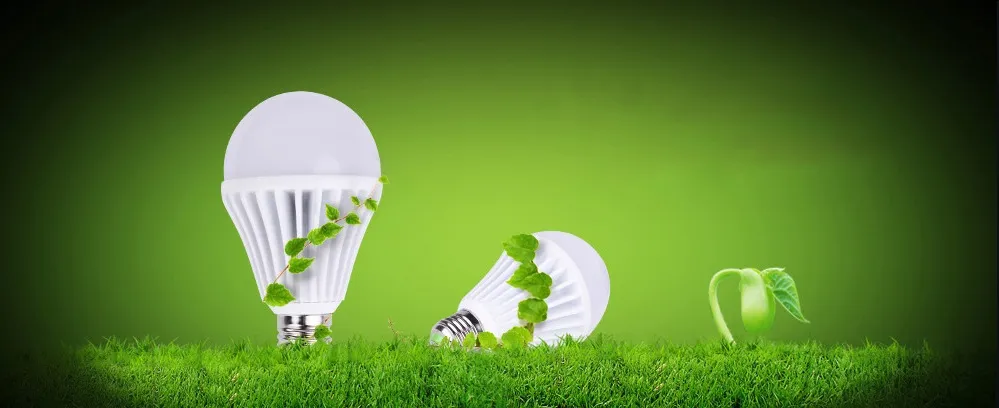Introduction: RECP potential assessment helps company identify the inefficiencies in the production process and opportunities that can implemented immediately with low or zero cost.
Benefit:
- Quickly identify inefficiencies inside company
- Proposed RECP measures for saving resources
- Estimated annually saving cost
Assessment Process:
Find out the needs of company
Agree on working plan with company
Working on site
+ Collect and analysis existing data
+ Examine the production process
+ Inspect and collect data at site
+ Identification and recommendation
+ Guide to implement the given recommendation
Write a report
Duration: 1 – 2 days site survey
Introduction: Full RECP assessment is to systematic analysis about production process in company to answer these three questions:
– WHERE are the losses happened in the production process?
– WHY these losses happened?
– HOW to reduce losses?
Benefit:
- Increase profit by reduce cost
- Capacity building about RECP implementation for company
- Improve quality and product innovation
- Reduce impact to environment
- Access to concessional financing
- Transforming manufacturing waste into profit
Assessment process:
Find out the needs of company
Agree on working plan with company
Working on site
+ Data collection, onsite study
+ RECP training for company’s staffs
+ Detail analysis:
– Identify losses, and reasons
– Propose RECP measures for these losses and estimate saving potential
– Select measures for implementation
+ Feasibility study for measures that need investment.
+ Feasibility study for measures that need investment.
+ Create RECP implementation strategy
+ Calculate results about economic and environment
Final report
Duration: 3 – 6 months
Divided into three batch, 2 -3 days each batch
Introduction: It is necessary for every company to check and identify the inefficiency point in the production process and find solutions to solve them.
Benefit:
- Identify opportunities for economical and efficient use of energy
- Easily access to concessional financing about technology innovation
- Better control in production process and equipment
- Improve working environment and reduce CO2 emission
Consultant process:
Find out the needs of company
Agree on working plan with company
Working on site
+ Collect, measure and analysis energy data to identify losses
+ Analysis and find out the reasons to losses
+ Calculate saving potential and propose opportunities for implementation
+ Build monitoring tools for monitor energy consumption to continuously improvement.
Final report
Duration: 1 – 2 days on site
Introduction: VNCPC is a prestige company that provide energy audit service for key energy consumption facilities according to Ministry of Industry and Trade
Beside that, VNCPC also provide training service about energy management and internal energy audit for industrial production facilities, building, offices, shopping centre, supermarket, hospital etc.
Benefit:
- Facilities identified the “key point” in energy use and management, reduce production cost, operating cost by applied energy saving measures.
- Conform with ” Economical and efficient use of energy law”
- Improve company’s image about protecting environment and energy saving
- Reduce consumption about water, material, chemical etc.
Audit procedure:
Preliminary audit: Identify energy saving opportunities
Data collection form – Walk-through audit – Energy saving potential
Detailed energy audit: Energy saving measures
Process and evaluate energy data – Detailed analysis and measure of the facility’s energy use – Detailed analysis of recorded data, cost and – Benefit for each measure – Conduct detail energy audit report
Duration and cost:
– One day 1 preliminary audit: free
– Detailed energy audit: 5 – 10 days (1 – 2 batch), cost depend on size of company
Introduction: An eco-industrial park (EIP) is a model in which businesses seek to achieve enhanced environmental, economic, and social performance through apply RECP and industrial symbiosis (IS).
Benefit:
- Reduce production cost, save material, energy, water etc.
- Reduce CO2 emission, wastewater, and solid waste
- Enhance collaboration between companies
- Transform to eco-business and eco industrial park according to decree 82/2018/NĐ-CP
Implementation:
- Training about eco industrial park, RECP for industrial manager board and companies inside IP.
- Analysis, select companies that have potential for RECP assessment
- Identify IS opportunities
- Screening, select suitable IS opportunities for feasibility study and implementation
- Training about IS
- Conduct a roadmap for the transformation of IP into EIP
- Implement roadmap for the transformation into EIP
Duration: 3 – 6 months
- RECP + LEAN: Reduce inventory, increase productivity and flexibility; Eliminate losses; Improve product quality; Improve worker’s spirit;
- RECP + Industrial maintain: Increase lifespan of equipment, reduce problems/breakdown and reduce production cost;
- RECP + Eco-business: Eco-business certification; Access to concessional funding; Priority on joining technical support program; Access to technology information, collaboration in industrial symbiosis;
- RECP + 5S: Increase productivity, quality; Reduce cost; On time delivery; Safety ensured; Enhance employee’s awareness and responsibility;
- RECP + ISO 14000: Saving production cost; Reduce waste; Reduce economic loss when environmental incident; Improve company image;
- RECP + ISO 50001: Improve efficient and reduce cost about energy; Enhance energy management; Preserve resource and reduce impact to environment;
- RECP + Social responsibility: Build a system that meet social responsibility requirement of company; Enhance integration; Improve company image;
- RECP + Green building/office: Green working space; Improve productivity; Enhance company’s image; reduce waste on energy, water, reduce emission etc.; Improve group working spirit.
Implementation process: RECP consulting packages are designated and implemented based on customer’s request:
Find out the needs of company, and agree on objective of consultancy
Consultancy: Implement 1-3 batch at the company, includes:
+ Current status survey and data collection
+ Identify the existing problems
+ Casual analysis and proposal solutions
+ Make implementation plan, implement and monitor solution
Remote support
Introduction: Human resource is foundation of company’s success, so enhance capacity of employee is key to profit.
Topics:
- Resource Efficient and Cleaner Production
- Economical and efficient use of energy
- Develop ISO 14000, ISO 50000 management system
- Efficient manage chemical and waste
- Industrial maintain
- production management (5S, lean manufacturing, overall management)
- Sustainable consumption; Green lifestyle
Benefit:
- Reduce ricks
- Reduce cost
- Increase innovation
Process:
Training classes are designated and implemented based on specific customer’s request with one day duration.
- Find out the needs of company and agree on implement plan
- Document preparation
- Training
- Wrap up training session
- Remote support
Introduction: Technology transfer consultant replace existing old, outdated equipment/technology by new and modern equipment/technology
Benefit:
- Optimize use of material, energy, water, chemical etc.
- Reduce production cost, maintaining and operating cost
- Increase productivity, quality of product, reduce the rate of defective products
- Reduce wastes, wastewater, greenhouse gas emission
Consultant contents:
- Technology gap assessment
- Evaluate and predict the improvement level: material, energy, water, chemical, waste, product quality ang other benefits
- Support company to access concessional financing
- Technical support for company on technology transfer
Conference, seminar, study tour
Benefit:
- Connect with industry experts
- Access to new technologies
- Study technology and management in developed countries
- Connect with target customers
- Professional logistics
Process:
- Find out the needs of customer
- Develop and agree on a plan based on goals and content
- Organize the event that ensure content and time as scheduled
Introduction: Sustainable consumption is the use of services and related products, which respond to basic needs and bring a better quality of life while not to jeopardize the needs of further generations.
Topics:
- Smart shopping
- Reduce plastic and domestic waste
- Efficient use of water
- Energy saving
- Environmentally friendly consumption
- Effective use of kitchen appliances
- Smart transportation
- Green office
Process:
Find out the needs of organization/company
Develop implementation plan: Make specific action plans for the short and long term
Implementation: Prepare documents, conferences, training, marketing etc.
Evaluation: After each phase, the results will be evaluated to learn from experience and prepare for the next phase.




